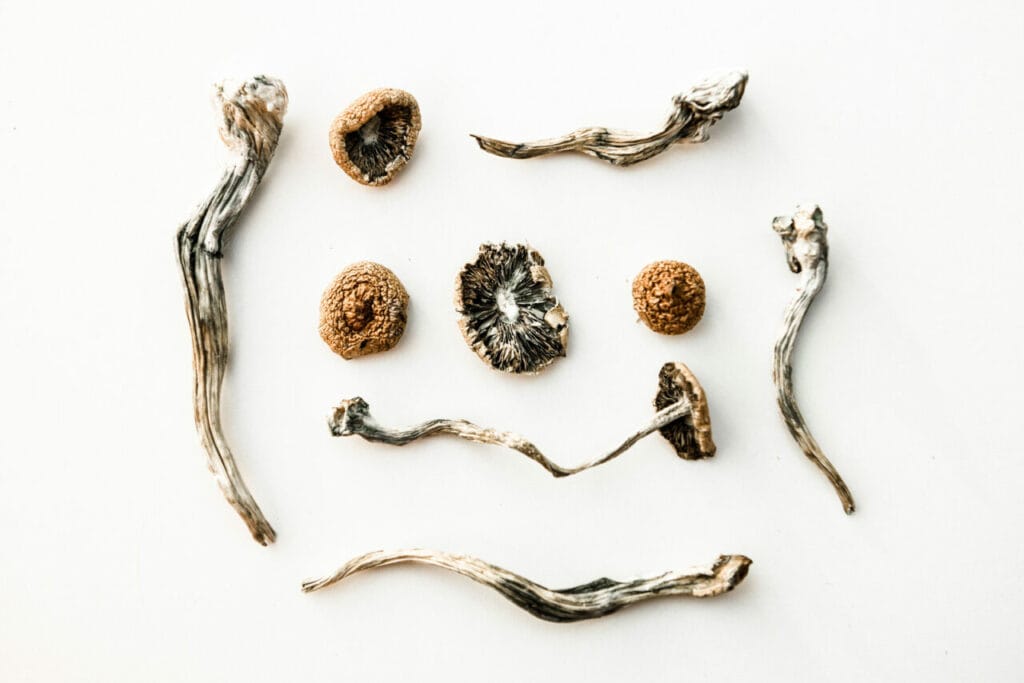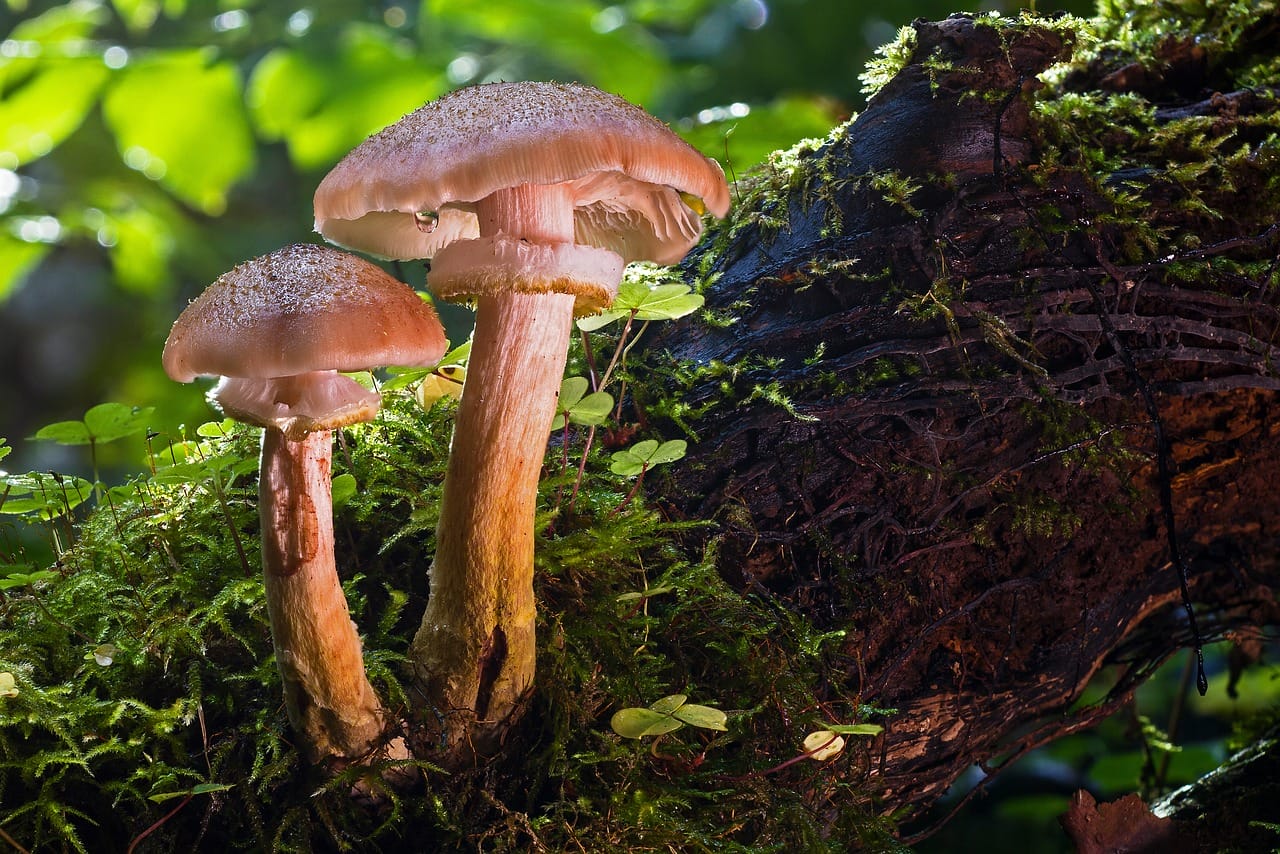Originally, many Canadians saw magic mushrooms primarily as a psychedelic substance for recreational use. However, scientific exploration of the active ingredient, psilocybin, revealed its remarkable efficacy in addressing various mental health conditions.
As the body of knowledge around psilocybin expands, so does the understanding of its potential applications. This growing awareness makes it easier for individuals to access these products through magic mushroom delivery services. A recent study sheds light on its role in human consciousness. Might this help to explain its profound impact on the brain? Let’s dive deeper into this fascinating investigation of magic mushroom products.
Main Takeaways:
- Psychedelic magic mushrooms have historically affected the cognitive functioning of early humans, contributing to their survival.
- Due to their potential to alleviate PTSD, depression, and anxiety, mushrooms play a significant role in neurological health.
- Psilocybin’s influence on consciousness and brain function may heighten creativity, introspection, and abstract thinking.

Magic Mushrooms’ Historic Use and Significance
Historical documentation suggests that our ancestors have leveraged the power of psychedelic magic mushrooms since ancient times. Indigenous societies utilized them in sacred rituals and conventional ceremonies to honor their gods. These mushrooms grow abundantly worldwide, especially in subtropical and tropical areas, including South and Central America, the Caribbean, Southeast Asia, and Africa.
Shrooms’ Role in Ancient Societies
Indigenous communities in Mexico have historically utilized these fungi for spiritual enlightenment, divine interactions, and religious ceremonies. The Aztec Indians of South America referred to it as “God’s Flesh,” incorporating it into healing rituals.
Evidence of usage unearthed by archaeologists dates back to:
- Circa 10,000 years ago in Australia
- Approximately 7,000 years back in North Africa
- Some 6,000 years ago in Spain.





